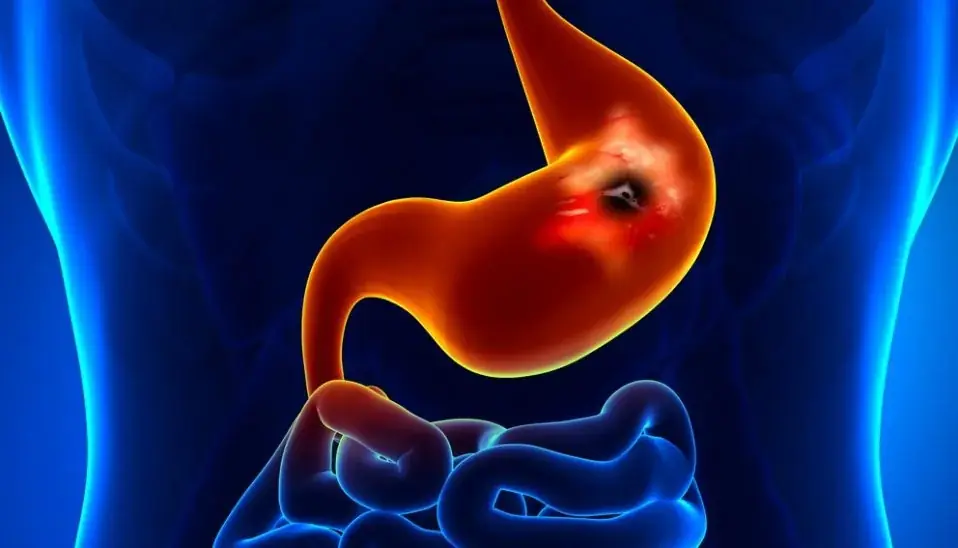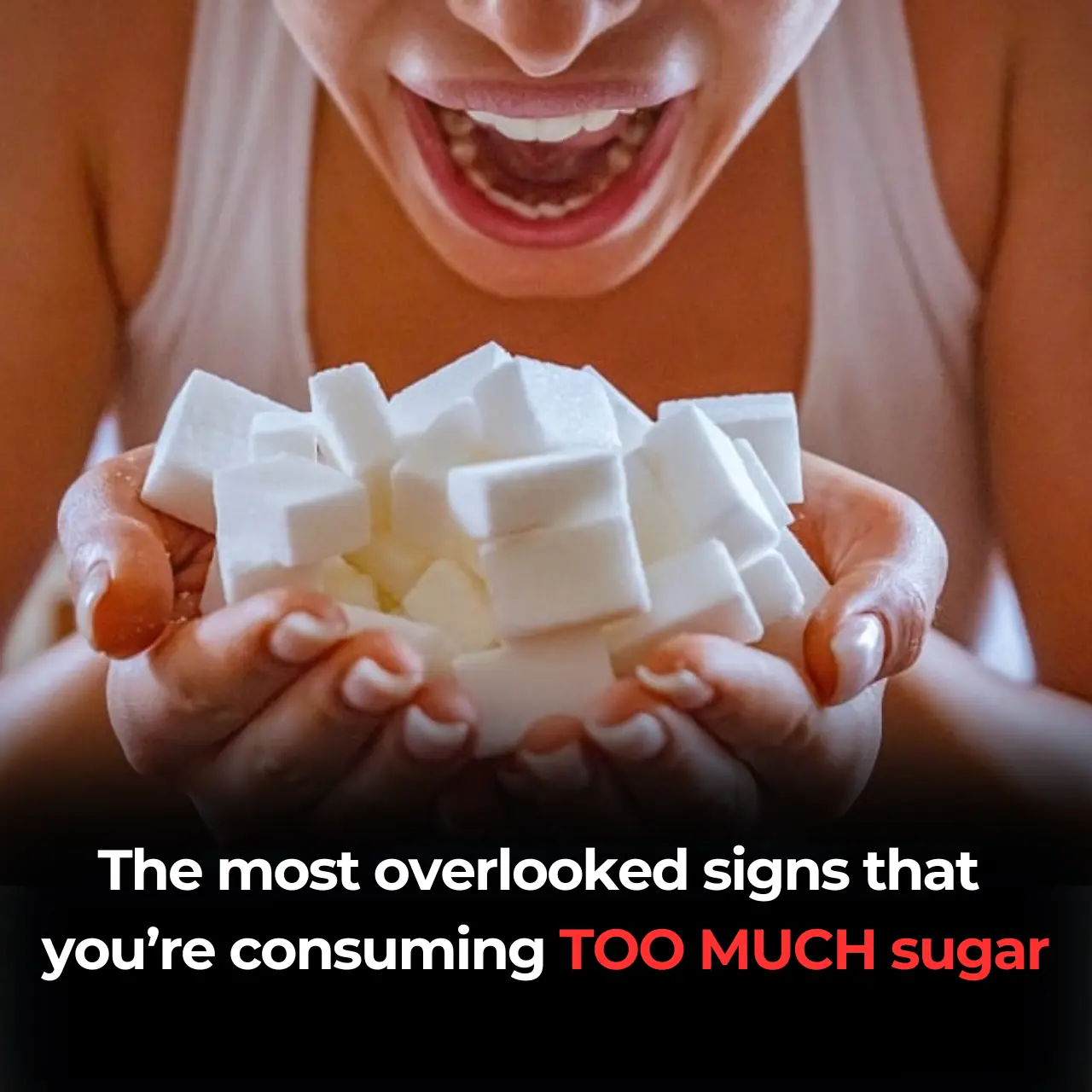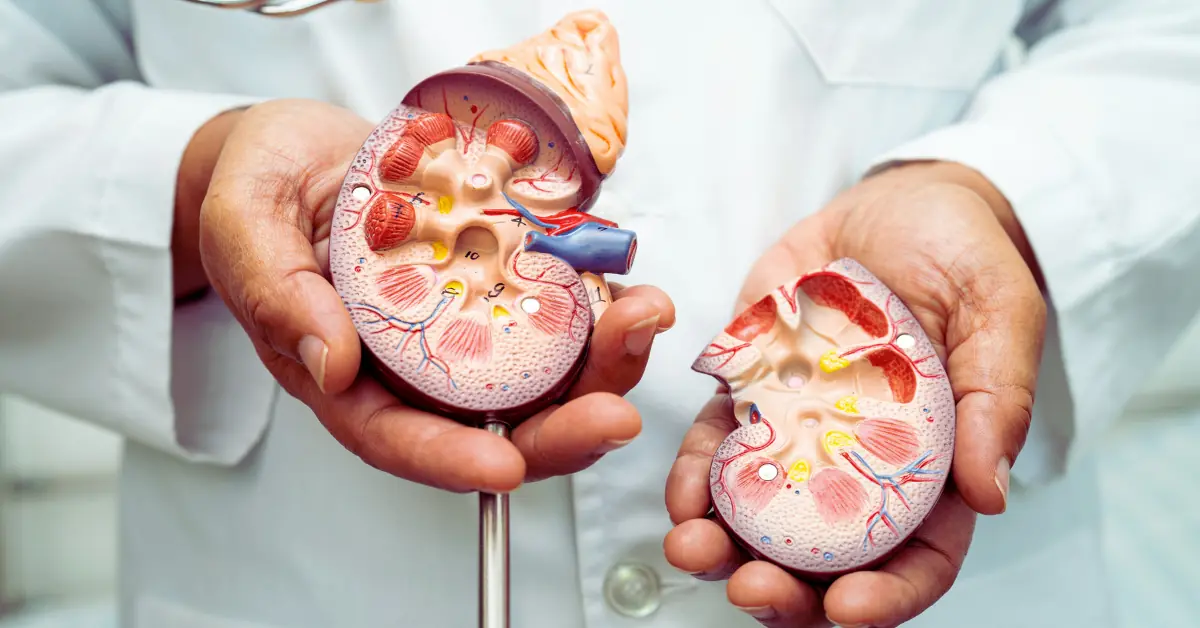
THE MOST OVERLOOKED SIGNS THAT YOU’RE CONSUMING TOO MUCH SUGAR EVERY DAY
Sugar is one of the most common ingredients in modern diets, yet many people underestimate how much they actually consume. While a sweet treat here and there may seem harmless, consistently eating too much sugar can have subtle but serious effects on the body. What makes sugar particularly dangerous is that the early warning signs often go unnoticed or are mistaken for other issues. Understanding these overlooked symptoms can help you take control of your health before long-term damage occurs.
One of the earliest and most overlooked signs of excessive sugar intake is constant fatigue. Many people assume that feeling tired throughout the day is simply the result of a busy lifestyle, but sugar can play a major role. When you consume sugary foods, your blood glucose spikes quickly and then drops just as fast, leading to sudden energy crashes. Over time, this cycle leaves you feeling drained and unmotivated, even if you’ve had plenty of sleep.
Another important sign is increased cravings, especially for sweets or refined carbohydrates. Although it seems paradoxical, the more sugar you eat, the more your body wants. Sugar activates the brain's reward system in a similar way to addictive substances, causing you to crave the same “high” again and again. Many people dismiss these cravings as simple hunger or emotional eating, but they are often a direct result of consuming too much sugar.
Skin problems can also reveal hidden sugar overload. Conditions like acne, frequent breakouts, or dull skin are commonly linked to high sugar consumption. Sugar triggers inflammation in the body, which can stimulate the production of oil and worsen skin conditions. Some people may try new skincare routines without recognizing that the real solution lies in adjusting their diet.
Another overlooked symptom is unexpected weight gain, especially around the abdomen. Sugar is packed with calories but does not keep you full, leading to overeating. Additionally, excess sugar is quickly converted into fat, particularly visceral fat, which surrounds vital organs. Even individuals who believe they eat “healthy enough” may find themselves gaining weight without understanding the connection to sugar intake.
Mood swings and irritability are also common warning signs. While many assume these emotional shifts are due to stress, sugar can significantly affect mood-regulating hormones. The rapid rise and fall in blood sugar creates emotional instability, making you feel anxious, irritable, or unfocused. Over time, this pattern may even contribute to more serious mental health concerns.
Another easily overlooked indicator is frequent thirst or dehydration. Sugar pulls water from the body's cells, leading to increased thirst, dry mouth, and sometimes even headaches. Many people assume dehydration is caused by heat or insufficient water intake, but high sugar consumption can be a hidden cause.
One of the most concerning yet subtle signs is frequent infections, such as colds, yeast infections, or slow-healing wounds. High sugar weakens the immune system, making the body more vulnerable to bacteria and viruses. Sugar also feeds harmful microorganisms, especially yeast, leading to recurring problems.
Finally, trouble sleeping can signal excessive sugar intake. Consuming sugar close to bedtime can overstimulate the body, making it harder to fall asleep or stay asleep. Even if you sleep through the night, the quality may be poor, leaving you feeling unrested.
In conclusion, while sugar is a normal part of many diets, consuming too much can lead to numerous overlooked warning signs. Fatigue, cravings, skin problems, mood swings, weight gain, dehydration, frequent infections, and poor sleep are all indicators that your sugar intake may be too high. Paying attention to these subtle symptoms can help you make healthier choices and protect your long-term well-being. By reducing added sugars and choosing more natural, nutrient-rich foods, you can support your body’s health and energy every day.
News in the same category


Dead Butt Syndrome Is Real

Kidney doctor reveals 9 everyday medications that could be silently destroying your kidneys!

Top 3 Foods to Prevent Leg Cramps in Seniors: Strengthen Your Legs Naturally!

Drink This Twice a Day to Help Remove Uric Acid Before It Crystallizes and Causes Joint Pain

How to Use ¼ Teaspoon of Nutmeg to Fall Asleep and Soothe Insomnia Symptoms Overnight

10 Signs you are Eating Too Much Sugar

Three-Food Combo to Strengthen Your Heart

The Hidden Health Benefits of Bananas for Women

Chicken Egg, Garlic, and Honey — You’ll Thank Me for This Simple Recipe

This Syrup Will Stop a Cough Dead in its Tracks – Ginger Thyme Cough Syrup

Take just 1 a day for strong bones, pain-free joints & osteoporosis protection!

Similar To Opium: The Best Natural Painkiller That Grows In Your Backyard

World’s deadliest cancer: 8 early warning signs every older adult should know

Eat okra every day? Here’s what happens to your body!

Holy basil shown to cut stress hormone cortisol by 36% in 40 minutes

These 14 Foods Will Improve Your Kidneys’ Ability To Detox Like Never Before!

The Best Foods to Cleanse and Prevent Clogged Arteries

This Plant Is More Than Just a Kitchen Herb — It’s One of the Most Powerful on Earth
News Post

A Child Vanished In A Mall Restroom—The Clue Found 4 Years Later Will Give You Chills

🌿 20 Gentle Benefits of Chewing Clove Daily — The Ancient Spice for Modern Wellness

Her MIL Said “Whoever Has A Son Will Stay” — What Happened Next Shocked The Entire Family

So clever

5 Early Warning Signs of Stomach Cancer: Even One Should Prompt a Medical Check-Up

This Happy Little Boy’s Face Hid A Darkness That Would Shock The World

The Secret Power Of The Herb That Helps You Age Gracefully

Off The RecordThe Four Pieces In A Loved One’s Closet You’ll Regret Throwing Away

My Biological Dad Crashed My Wedding As My Stepdad Walked Me Down The Aisle—What Happened Next Stunned Everyone

I Came Home From Work And Found My 16-Year-Old Adopted Twin Daughters Had Locked Me Out Of My Own House

Chilling Final Posts Emerge From TV Host’s 19-Year-Old Daughter Before Her Tragic Death In Los Angeles
The Viral 70LB Baby That Was Featured On Jerry Springer Is All Grown Up, And You Better Sit Down Before Seeing Him Today

💃 Alex Kingston Details Strictly Come Dancing 'Hiccup,' Reveals How 'Number Dyslexia' Impacted Her Performance

What Does It Mean To Wear a Ring On The Right Hand

Unmasking Dorothy: All the Details on Wicked: For Good, the Highly Anticipated Sequel 🧙♀️

Dead Butt Syndrome Is Real

💍 Secret Lives of Mormon Wives Star Jessi Ngatikaura Drops Married Name Amid Marciano Brunette Cheating Allegations

Coronation Street’s Millie Gibson Confirms Major Return: The Forsytes Season Two Is Coming 🎬
